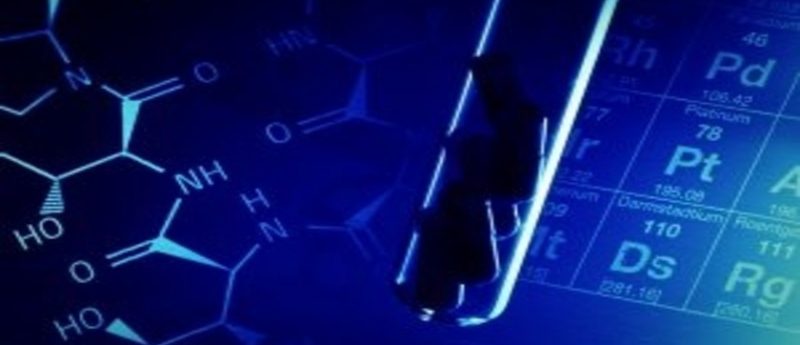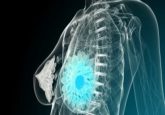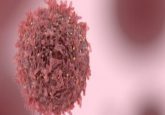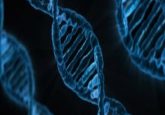Evidence mounts in favor of new anticancer drug

Scientists from Manchester Pharmacy School (The University of Manchester, UK) have reported that a new drug, termed AZD3965, inhibits cancer growth in mice. Combining the drug with radiotherapy was also found to increase its effectiveness, highlighting potential clinical applications for the treatment strategy.
A large number of tumors contain regions of oxygen deprivation, or hypoxia. In response these tumors begin glycolysis, creating lactate as a by-product. To prevent toxicity, the lactate is transported out of the cells by monocarboxylate transporters (MCTs).
Ian Stratford (University of Manchester), lead researcher, summarized their findings: “It looks like using AZD3965 to block MCT1 is a great way to specifically target tumors, by harnessing changes in their metabolism. This drug is currently being tested in clinical trials as a single agent, and we’ve shown that combining this drug with radiotherapy could offer a new treatment approach for cancer patients.”
AZD3965 inhibits the MCT termed MCT1 in lung cancer cells, and now the research team has investigated the effects of the drug in combination with radiotherapy. Focusing on small-cell lung cancer cells, the team discovered that in blocking the transport of lactate, AZD3965 inhibits the growth of these tumors in mice. When combined with radiotherapy, the inhibitory effect was greater than with either the drug or radiotherapy alone.
Stratford revealed plans for further research, adding “We have subsequently received additional funding from Cancer Research UK to exemplify these findings in small-cell lung cancer, esophageal cancer and prostate cancer. If positive these results will lead directly to clinical evaluation.”




